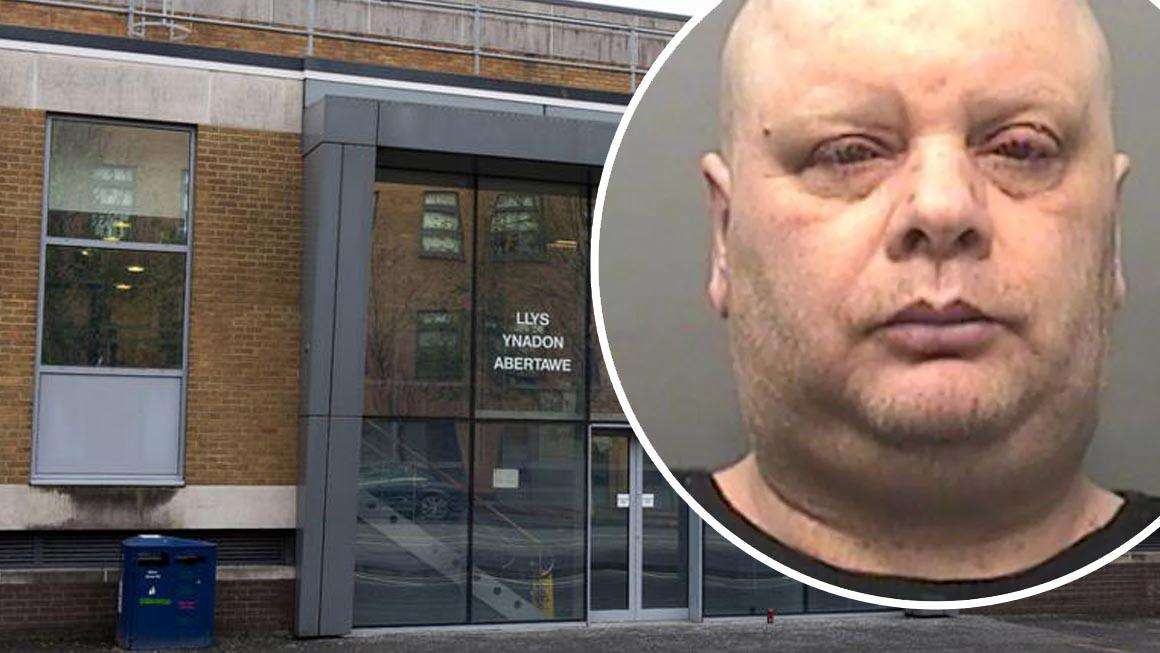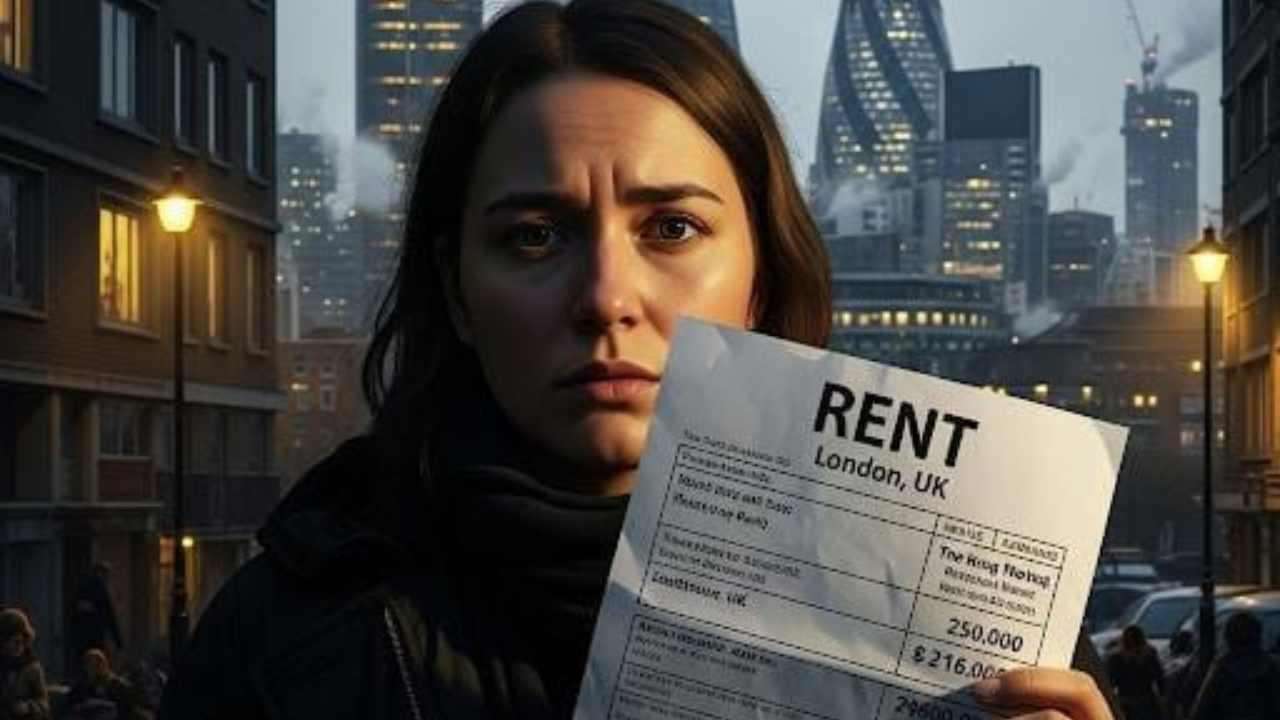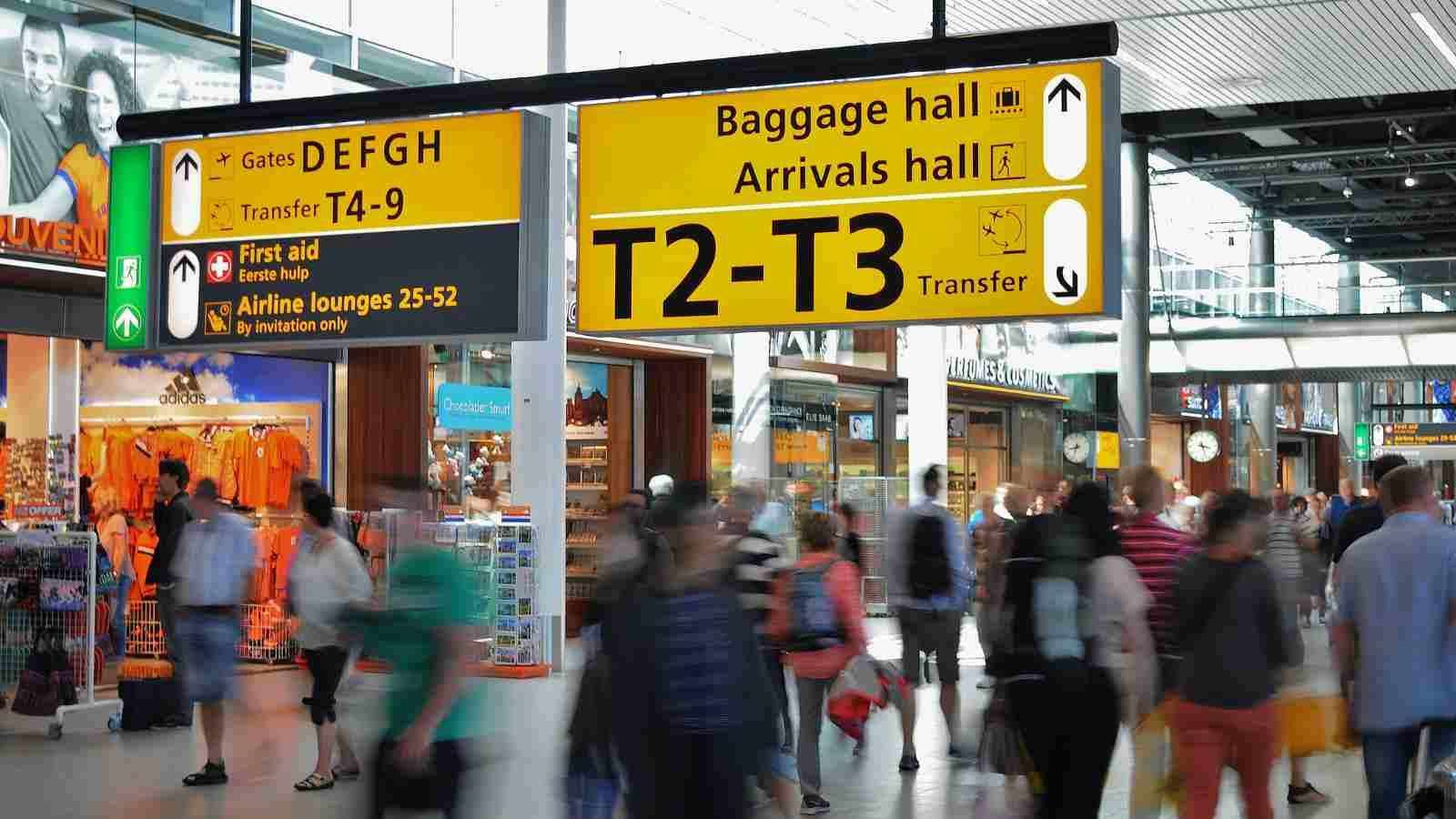The dream of a new life in the UK is increasingly overshadowed by a harsh economic reality, as newly arrived immigrants, particularly from South Asia and Africa, find themselves caught in the vice of a relentless housing crisis. While the struggle to afford rent and bills is a widespread problem, it is hitting these communities with particular force, leaving many to feel they are working just to survive.
Recent data paints a grim picture for renters across England. According to the Office for National Statistics (ONS), the average renter in England now spends 36.3% of their income on housing, far exceeding the 30% threshold considered affordable. This figure is a significant jump from 33.1% just a year prior.
This national average is heavily skewed by cities like London, where the cost of living has spiraled out of control. London renters now part with an astonishing 41.6% of their income on average to secure a place to live. In some areas, such as Kensington and Chelsea, this figure can soar to nearly three-quarters of a person's income. This makes the capital a front line in the housing affordability crisis, where a family's entire income can be consumed by rent alone.
For many new immigrants, the situation is even more dire. Often entering the UK with limited financial resources and taking on entry-level jobs with modest wages, they are at the sharp end of this housing squeeze. Their tireless efforts and multiple jobs are often not enough to escape the cycle of high rent and low savings. This leaves them with little to nothing left for the future, trapped in a cycle where they are working not to get ahead, but simply to keep a roof over their heads.
Experts attribute the crisis to a perfect storm of factors. Sarah Coles, Head of Personal Finance for Hargreaves Lansdown, notes that landlords are selling off properties due to rising costs and regulations, creating a shortage of homes. This scarcity, in turn, drives up rents as more tenants compete for a limited number of properties. The problem is compounded by a persistent gap between wage growth and the soaring cost of private rentals, a gap that is felt most acutely by those in lower-paying jobs.
While immigrants are a frequent target of political rhetoric and public debate, the financial challenges they face are often ignored. The housing crisis, and the economic burden it places on these communities, highlights a systemic issue that demands attention. The narrative of immigrants "working as slaves" or landlords profiting exclusively from them is an oversimplification that distracts from the deeper systemic issues. The reality is far more complex: it is a story of hardworking people from all backgrounds struggling against an economic system where the cost of a basic need like housing has become a crushing burden.







.svg)
